School Sex Scandal: Six men on the truth about rape culture and toxic masculinity
We asked 6 men to speak frankly about the pressure on boys and men to conform to negative stereotypes and where we go from here
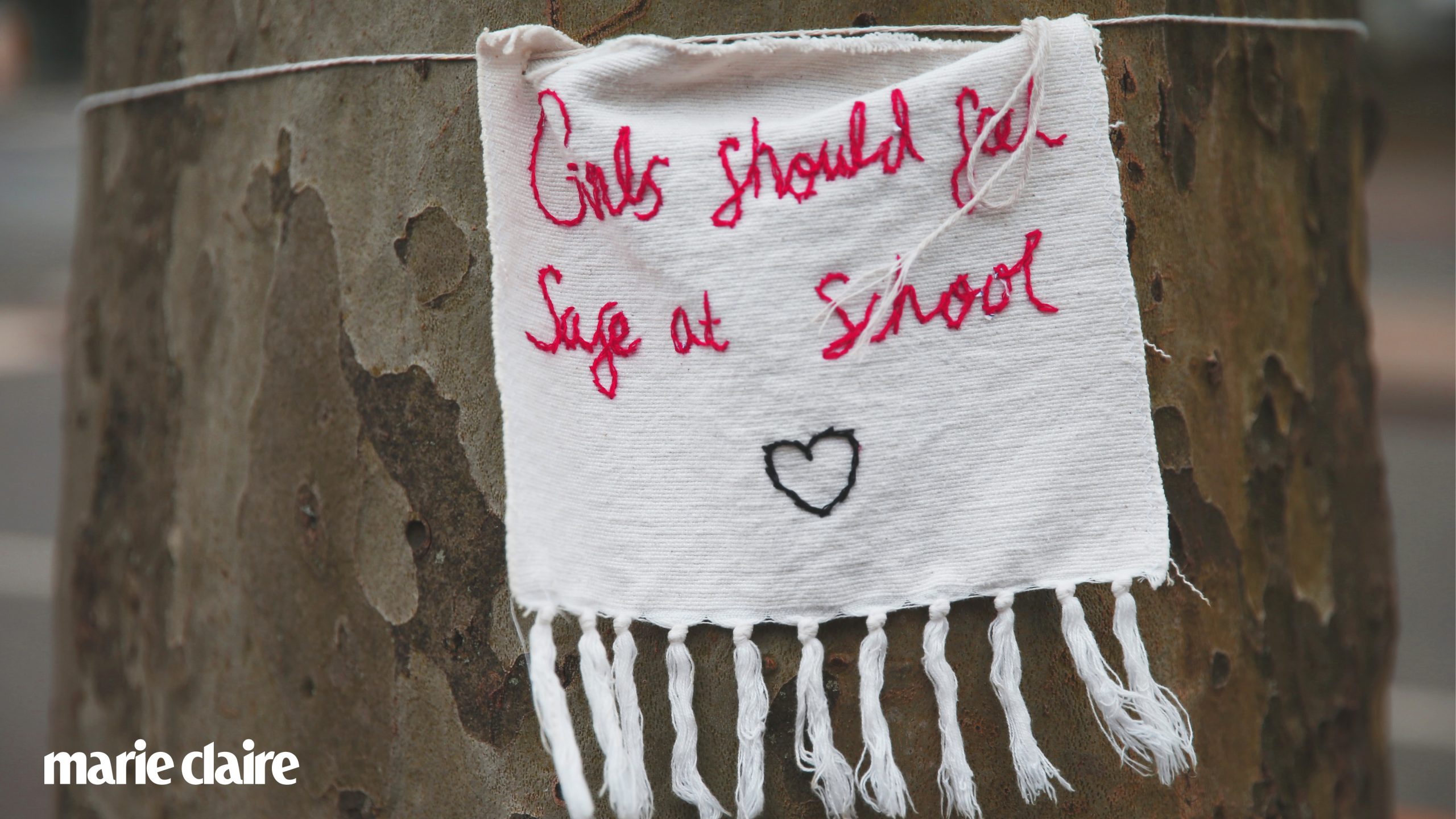

We asked 6 men to speak frankly about the pressure on boys and men to conform to negative stereotypes and where we go from here
The past weeks have seen a deluge of school sex abuse allegations from women and girls, via platform Everyone’s Invited — 8,000 at the latest count. While commentators are quick to blame everything from pornography, to parents (somewhat optimistically encouraged to ‘shop their sons’ by a police chief), to a lack of decent sex and consent education, the problem goes so much deeper.
The real issue is: misogyny. From birth, through school, and via our encounters with strangers, family and friends, women and girls are frequently told that our lives matter less. Our opinions are less valid. We’re moany, whiney, too emotional. We’re frigid and we’re sluts.
The school abuse scandal, like the #MeToo movement before it, and, more recently, the response to Sarah Everard’s murder are proof things need to change.
But it's time to hear from men, as well as women on this issue. We talked to 6 of them. Read their frank accounts reflecting on their own past behaviour, the social pressures they faced from peers, and how they're working to change things for the better.
“I was part of the problem fuelled by lad culture”
Ben West, 20, is a mental health campaigner who has hosted recent Instagram Lives around the topic of sexual harassment
“I’m very happy to put my hands up and say that I’m probably part of the problem, or at least was when I was at school, because I was fuelled by that ‘lad culture’. But I didn’t even realise there was a problem. There was a lack of awareness, and being in groups and making jokes about women, and maybe even calling out to some women… that sort of behaviour in school was seen as acceptable for boys. I was definitely part of that group, but now I obviously realise that was wrong.
Marie Claire Newsletter
Celebrity news, beauty, fashion advice, and fascinating features, delivered straight to your inbox!

“When we look at mental health in men we get that ‘strong silent’ type, and boys being taught to be strong, to be stoic, to be the lad in the group. In the same way that culture affects male mental health, it also creates a disrespectful view towards women — it’s fuelled by that same culture.
“I’ve had so many women saying: ‘it’s so good to hear you talking about this’, but why shouldn’t we all be talking about this? This is mad! I shouldn’t be thanked for being a guy talking about this. On social media you see women getting angry about these issues, but where’s the outrage in men? We should be outraged. This is our problem.
“When we talk about racism, it’s not good enough to just not be racist anymore, we have to be anti racist. In the same way, it’s not good enough to just not be catcalling women, you have to be anti violence against women.
“Change needs to be fuelled by conversations we’ve had with women, but it needs to be acted on by men.”
“Toxic masculinity’ has been weaponized, it often shuts men down”
Justin Baldoni, 37, is an actor, director and filmmaker. His book Man Enough: Undefining My Masculinity is out April 29
“One of the first things men can do to be better allies to women is to listen. Listen to women, to non-binary people, to trans people, and to listen to ourselves. We must be willing to sit in the discomfort of our own thoughts and feelings, listen to the people in our lives and around us, reflect and ask ourselves hard questions.
"Why did what she said bother me? Why did I get defensive towards them? Why do I feel it necessary to defend myself when women say that they don’t feel safe out in the world? If we hear feedback we don’t like, instead of jumping into defensive mode, we should be silent and consider what is being said.
“Then the next step is taking action. It’s that simple (and it’s that difficult too). Personally, I don’t use the phrase toxic masculinity. I have learned through my conversations with men around the world that the most productive way to reach men is to call us into the conversation vs. call us out. Because the phrase ‘toxic masculinity’ has been weaponized, it often shuts men down and closes them off the second they hear it, even if the intention of the conversation is to invite us to look at the things that are not working for us and for others.”
“A lot of men feel scared to talk about women’s experiences”
David Challen, 34, is a domestic abuse campaigner, and successfully campaigned to free his mum Sally in a landmark case recognising coercive control
“Change can happen, it’s just about engaging a lot of men who are willing to listen but who need a route forward. A lot of men feel aimless with what to do, and are scared to talk about women’s experiences for fear of getting it wrong.
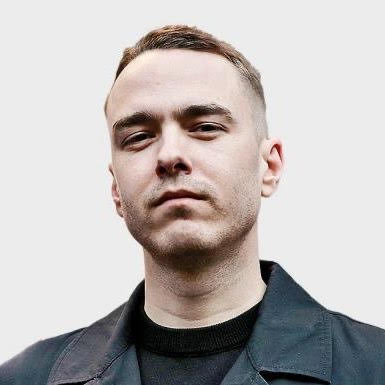
“We all have a part to play. You don’t know where that sexist joke in your friendship group is going. Is it going further? Is there a rabbit hole of abuse behind closed doors? You have to keep your eyes and ears open to the forms of abuse: economic abuse, post-separation abuse, coercive control. In my mother’s case we had statements from both sides of the family, which when put with her testimony, offered a complete scope of abuse. We didn’t know the scale of it until we put all the stories together.
“If you’re unsure of where to start, men should start with social media. They should follow more women, follow a domestic abuse charity, follow a charity like Centre for Women’s Justice to get a scope on the battles that are still being fought. It’s just tuning ourselves in better to be more informed about what’s going on. There are a lot of accounts by women who are sharing their daily, lived experience, and if they’re brave enough to share it, we should at least be brave enough to watch and learn.
“There is a space for men who want to support women’s voices - because it is about supporting, it’s not about taking over. Outside the court during my mother’s appeal there were men [supportive of her case] and they were part of helping achieve that judgement. I was at the Sarah Everard vigil and there were a lot of men there, both with partners and by themselves. I think that’s what women want to see - action.
“Speak to the women in your life, if they feel comfortable and consent to speak about what they’ve been through. Those are the people who can shepherd you the most in a safe place, rather than engaging with random women online.”
“We must stop with the #NotAllMen and hold the perpetrators accountable”
Dhruv Kulshreshtha, 23, student and volunteer delegate to UN Commission on the Status of Women

“We know that ‘not all men’ are a part of the problem, but if one man is a part of the problem and the 99 others just stand there and do nothing about it, they may as well be a bigger problem than the one. If men want to prove their belief that ‘not all men’ are a part of the problem, rather than using such hashtags, JOIN THE SOLUTION! Take the right stance and stand by it and only then will ‘not all men’ be a part of the problem.
“The reason I applied for a position on the UN Women UK delegation to the CSW was that I believe that there is a need for more men to actively participate in and contribute to gender equality movements pertaining to sexual harassment, domestic violence and workplace discrimination against women. I strongly believe that victim-blaming and slogans such as ‘NotAllMen’ are hurdles to holding the actual perpetrators accountable.”
“Men need to stand up to those who cause harm at any level”
Jack Urwin, 29, is the author of Man Up: Surviving Modern Masculinity
“Toxic masculinity encompasses a wide range of negative behaviours, everything from casual sexism and homophobia to severe physical and sexual violence. It's part of what builds a dangerous culture of power and dominance throughout much of the world, whose victims tend to be women, LGBTQ+ people, even children. But it also hurts men themselves: it teaches them to bottle up their emotions, dismisses mental health concerns as weaknesses and plays a massive part in the overwhelming gender disparity in suicide rates. And while, yes, some people obviously benefit from such a culture, you'd struggle to find a human alive who hasn't been negatively affected in some way by toxic masculinity.
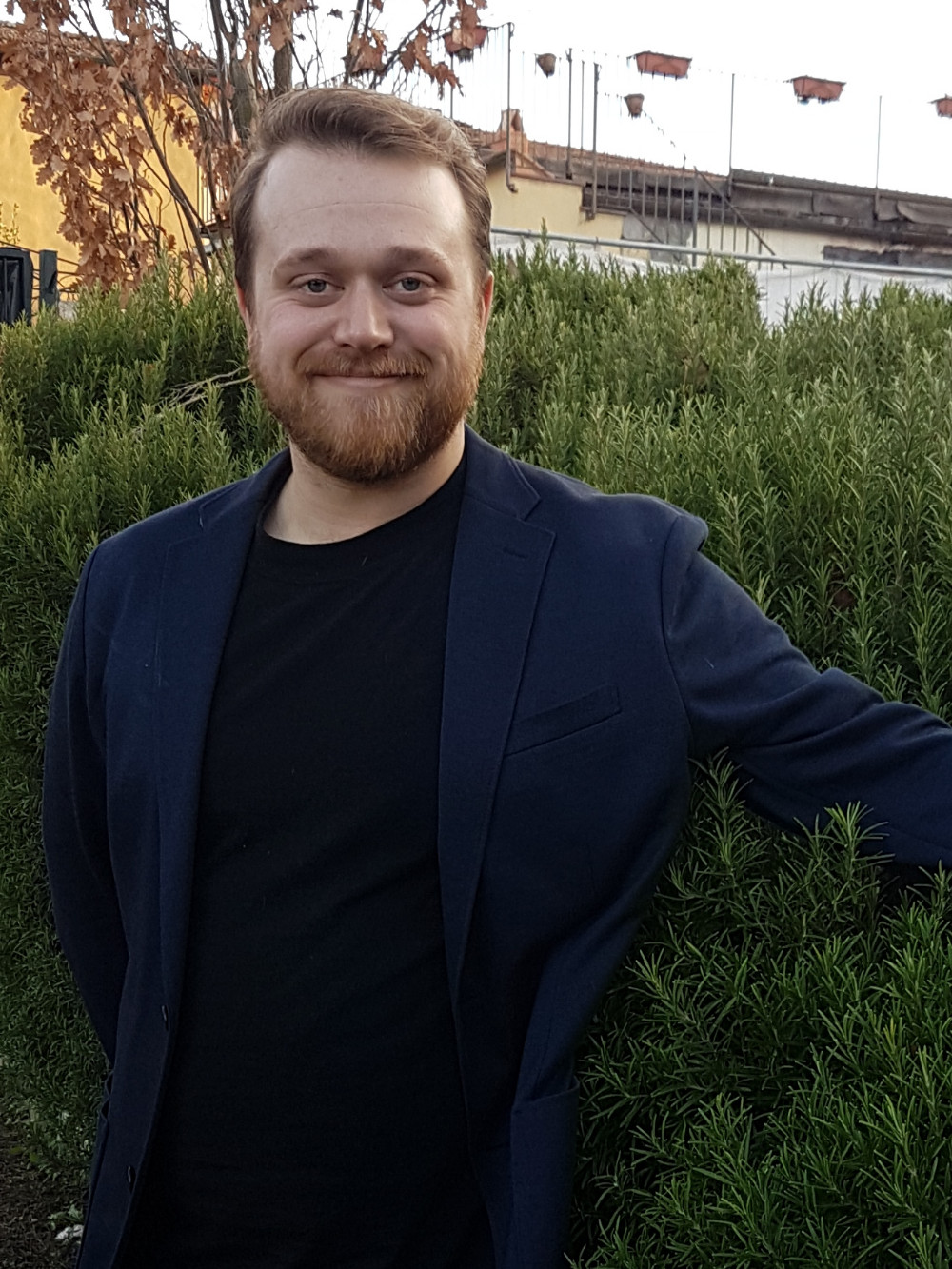
“The first step in becoming an ally is simply to listen. We must seek out the stories of women and marginalised people, try to understand the trauma they've faced, however uncomfortable it makes men feel, and constantly ask ourselves how we can improve our own behaviour and attitudes. It doesn't happen overnight, it's likely something all us men will have to do for the rest of our lives. It might not be easy, but it's vital.
“Beyond that, there are some more concrete measures men can take. Make space for women and LGBTQ+ people and amplify their voices. Learn when male opinion might not need to be vocalised. Think about the ways we can use our inherent power as a man to actively fight for progress, while making sure not to speak over the people we're supposed to be championing or making this about us.
“Most importantly, we must speak out and stand up to those who cause harm at any level, whether it's challenging our friends for making sexist jokes or providing a physical barrier when we witness a man harassing someone. Men, unfortunately, tend to prize the opinions of other men above any other group, so we must make sure to use that for good.”
“The culture can change but it has to start with men looking inwards”
Simon Gallow, 28, UN Women UK volunteer advocate
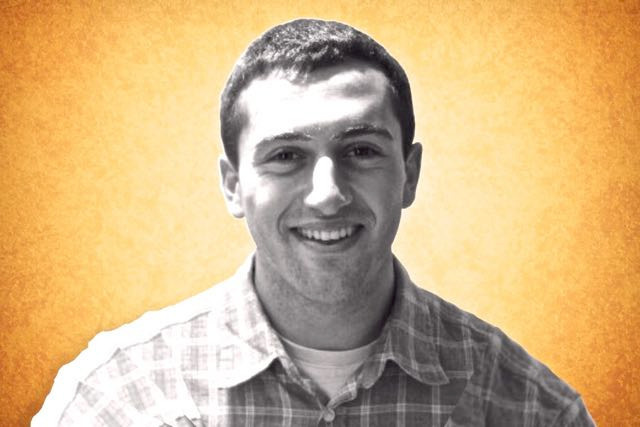
“My message to all men is simple: if you see toxic behaviours or things that make you feel uncomfortable, particularly around women, then call it out - in other words, 'see something, say something.’”
“Men, in the UK and across the world, desperately need to have a moment of self-reflection. What is it about masculinity that means we don't always spend more time with our children, choose certain jobs, be open about our emotions - and most importantly, treat women with the respect they deserve? We can change the culture around masculinity but it has to start by looking inwards, asking ourselves what we can do to change our behaviour and the behaviour of those around us.
The change we want to see
So what exactly are women, and other marginalised genders, asking of men?
“I cannot speak for all non-binary people, but for me one major issue [with toxic masculinity] is the invalidation of one's perception of their gender, which can happen in the form of physical or verbal violence, or even through gaslighting,” says Dani Martiri (they/he), 26, a member of the group Rebel Majesty, which works towards gender equality among other issues.
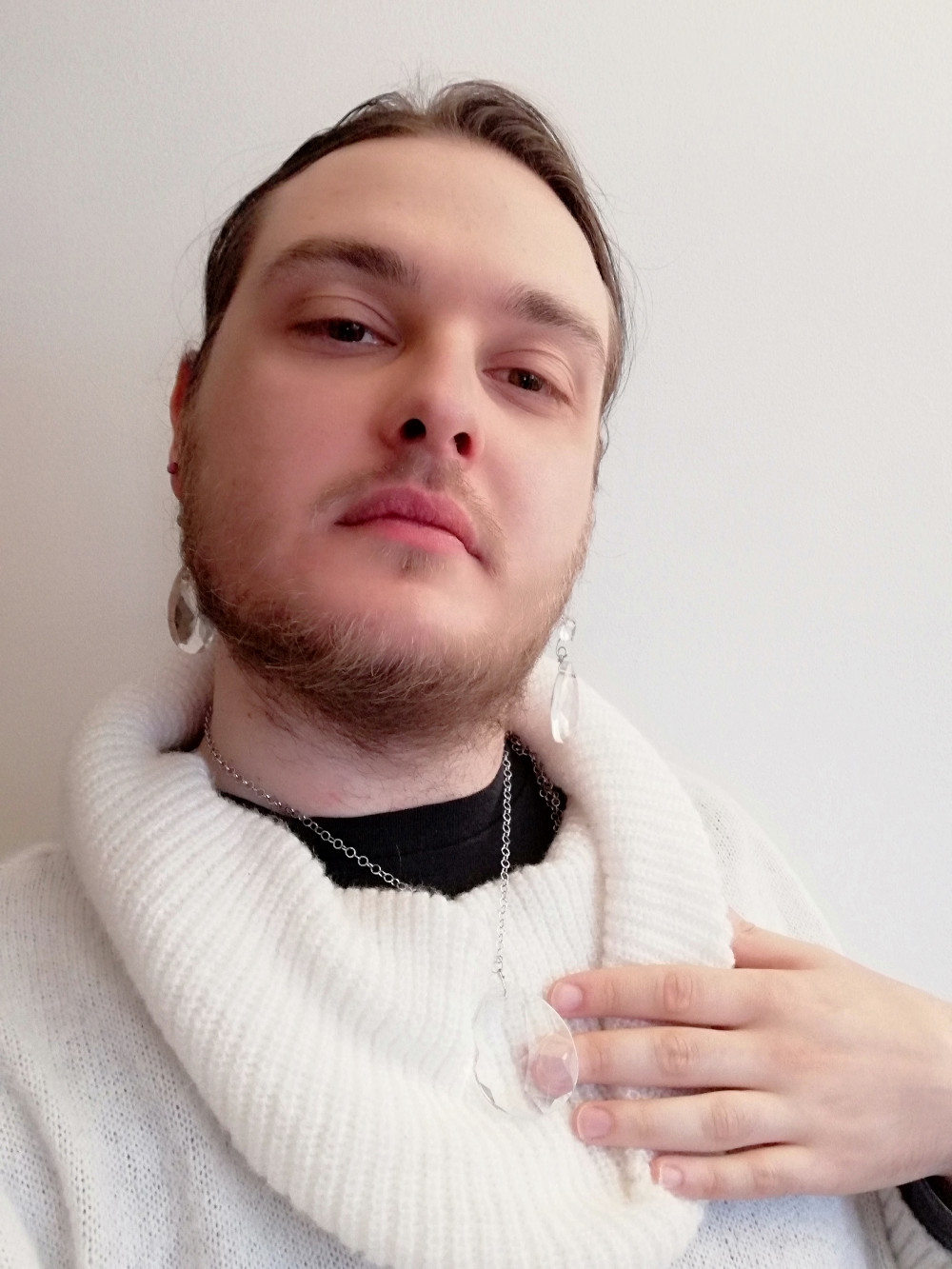
“To be better allies, men need to step aside, don't speak on our behalf, don't assault/kill us, show up if they call themselves allies, educate themselves but not expect trans folk and women to do that (at least not like we're Wikipedia), question their own relationship to toxic masculinity and their desires, understand that these desires can be fluid too. And also understand that no one, by claiming their rights, is trying to strip them of their fundamental rights as human beings.”
Ava Vakil: “Social media is part of the problem”
“I think toxic masculinity has been around forever but social media really plays a part in escalating and amplifying it,” says Ava Vakil, whose open letter to the headmaster of King’s College, Wimbledon, about the school’s 'hotbed of sexual violence' went viral in early March 2021.
“On social media we have so many examples of men in positions of power engaging in shocking behaviour. The effect of that I think is huge because there’s so little accountability or consequence that people think it’s normal, and it becomes normal.
“Ultimately, it’s going to be millions of small changes that push us along the path to gender equality."
"As women, and other marginalised genders, we can keep powering the conversation by collectively sharing our stories - it’s the best way to help others realise the scale of the problem.
“I think whilst an individual story is so powerful and so important, sometimes it can become easily dismissed as just that - an individual story. People lose sight of how widespread this is, and how much of a culture problem it is,” says Ava.
“The problem with focusing on just one person is that people think if the perpetrator in that situation is held accountable then the problem is solved. But that takes out the complexity of misogyny everywhere else in the world, so we need to keep reminding ourselves that this is institutional, and this is cultural, and not something that’s going to be dismantled overnight.”
It's critical to act collectively
One great space for men to learn is via the UN Women’s HeForShe project. “It was created for this purpose - it's not about saying men should be doing the work FOR women, it's about acknowledging that gender equality is good for all of society, and we'll only get there if we make it work for everyone,” says UN Women UK Executive Director Claire Barnett. “We encourage anyone who identifies as a man and wants to get involved to sign up to come along to our heforshe summit.”
There’s no disputing it’s a bleak time for women and girls right now.
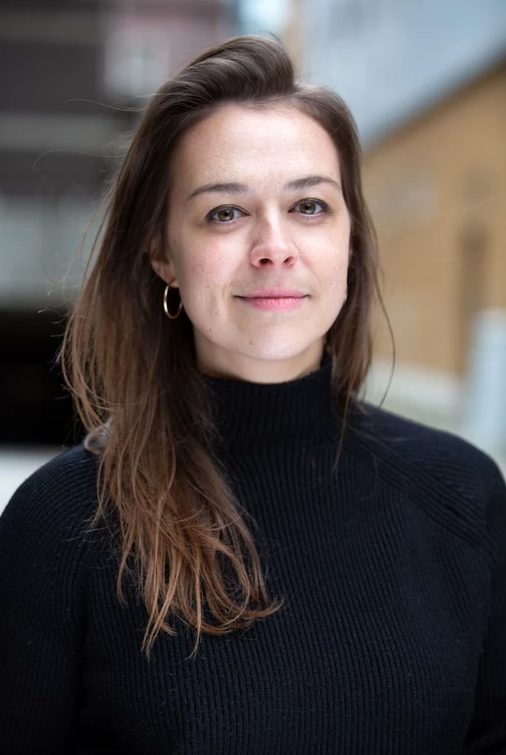
It may feel like misogyny is a growing problem, but these stories aren’t new. There has always been a gross imbalance between genders. While recent news, rightly, continues to shock, it’s crucial that these stories are out there, being shared widely - and not just amongst women.
Whatever gender you identify as, this is a critical time for us all to start acting collectively. Gender imbalance ultimately serves no one, and only by listening, amplifying, sharing and demanding equality (from schools, businesses, the Government, and within our own households) will we start to see meaningful change.
* You can sign Rebel Majesty’s petition to recognise non-binary and gender non-conforming identities in all UK legal documentation
* Lizzy Dening is the founder of Survivor Stories, an award-winning project collecting interviews with survivors of sexual violence
Lizzy Dening is a freelance journalist and editor, specialising in writing about sexual violence, women’s rights, opinion pieces and health. Also, when in need of a break from the bleaker stuff, the odd travel piece or film and book review.
She’s the founder of Survivor Stories, a website featuring interviews with survivors of sexual violence in their own words, and is co-vice chair of Peterborough Rape Crisis Care Group. She’s passionate about listening to survivors, helping them share their stories and shutting down victim blaming. As you might imagine, she’s a right laugh at dinner parties.
She’s been previously published by titles including The Guardian, Grazia, Elle, The Independent, iPaper, the Telegraph, Huffington Post and Women’s Health, and has been digital editor at two national titles. Now self-employed, she considers her cat Moomin her closest colleague, although he’s unreliable when it comes to the tea-round.
Originally from Cambridge, she now lives in Peterborough where she regularly organises events including an annual Reclaim the Night march, feminist film screenings and fundraisers for Peterborough Rape Crisis. She’s also a volunteer at a local food bank (bag packing rate: ninja level) and does occasional PR and comms work for charities and causes. There’s rarely a petition she hasn’t signed.
Avid reader and book club botherer; champion of niche feminist icons; currently learning to play football; wears too much leopard print; sometime poet; Kinder Egg enthusiast; spends a lot of time thinking about going for a run. Favourite places include Sheringham beach, New York, Vienna, Hawaii, obscure museums, the local park, and bookshops.
Currently in the process of launching her first podcast with her (award-winning) podcast producer husband, Ross Sutherland – watch this space…
-
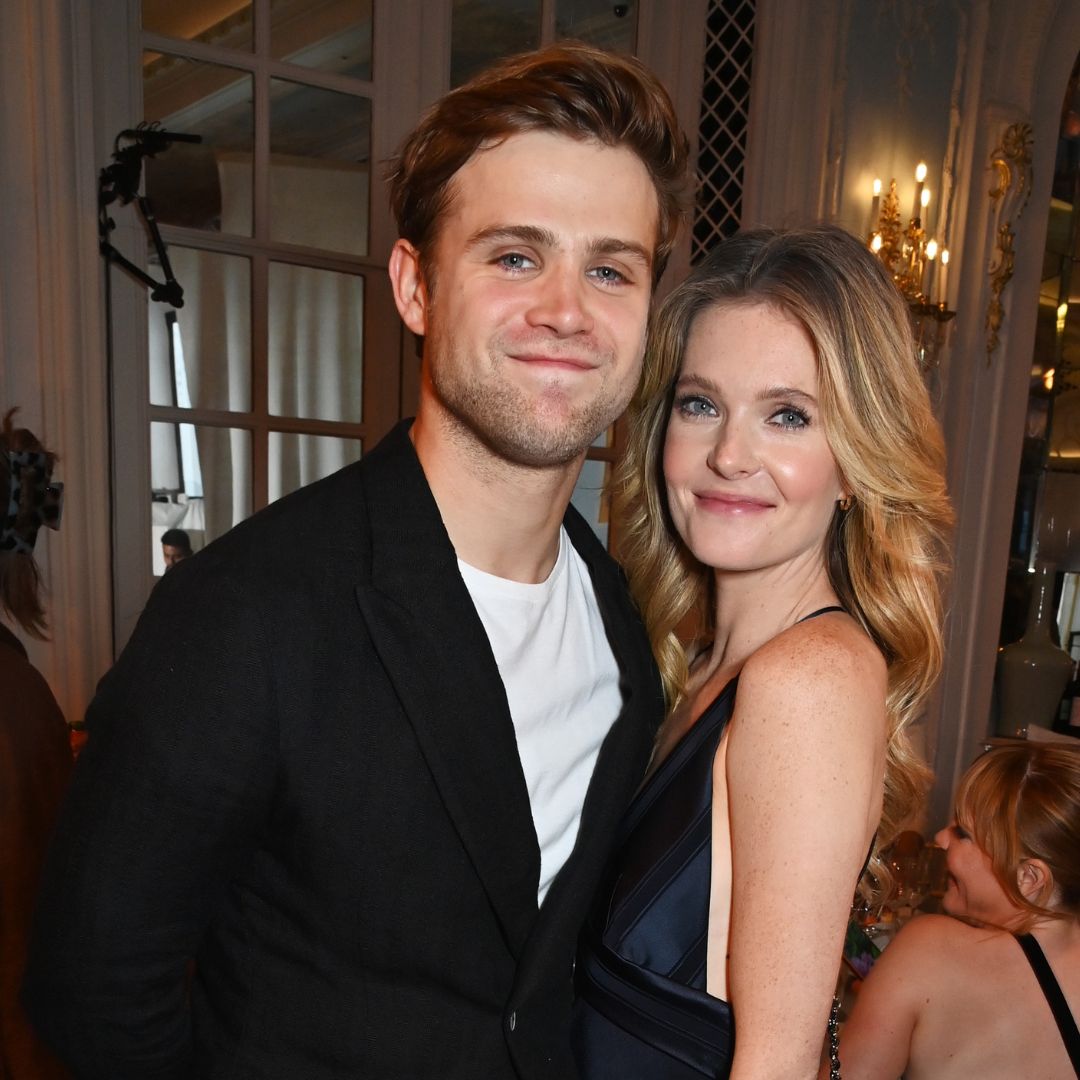 Here's a rundown of The White Lotus cast members who have dated in real life
Here's a rundown of The White Lotus cast members who have dated in real lifeBy Jenny Proudfoot
-
 All the coolest brides are wearing drop-waist wedding dresses this year
All the coolest brides are wearing drop-waist wedding dresses this yearWedding Special Minimalist, nostalgic, and universally flattering
By Clementina Jackson
-
 Anya Hindmarch has just launched a fantastical diving shop in central London
Anya Hindmarch has just launched a fantastical diving shop in central LondonFor those who would rather be beside the seaside...
By Sofia Piza